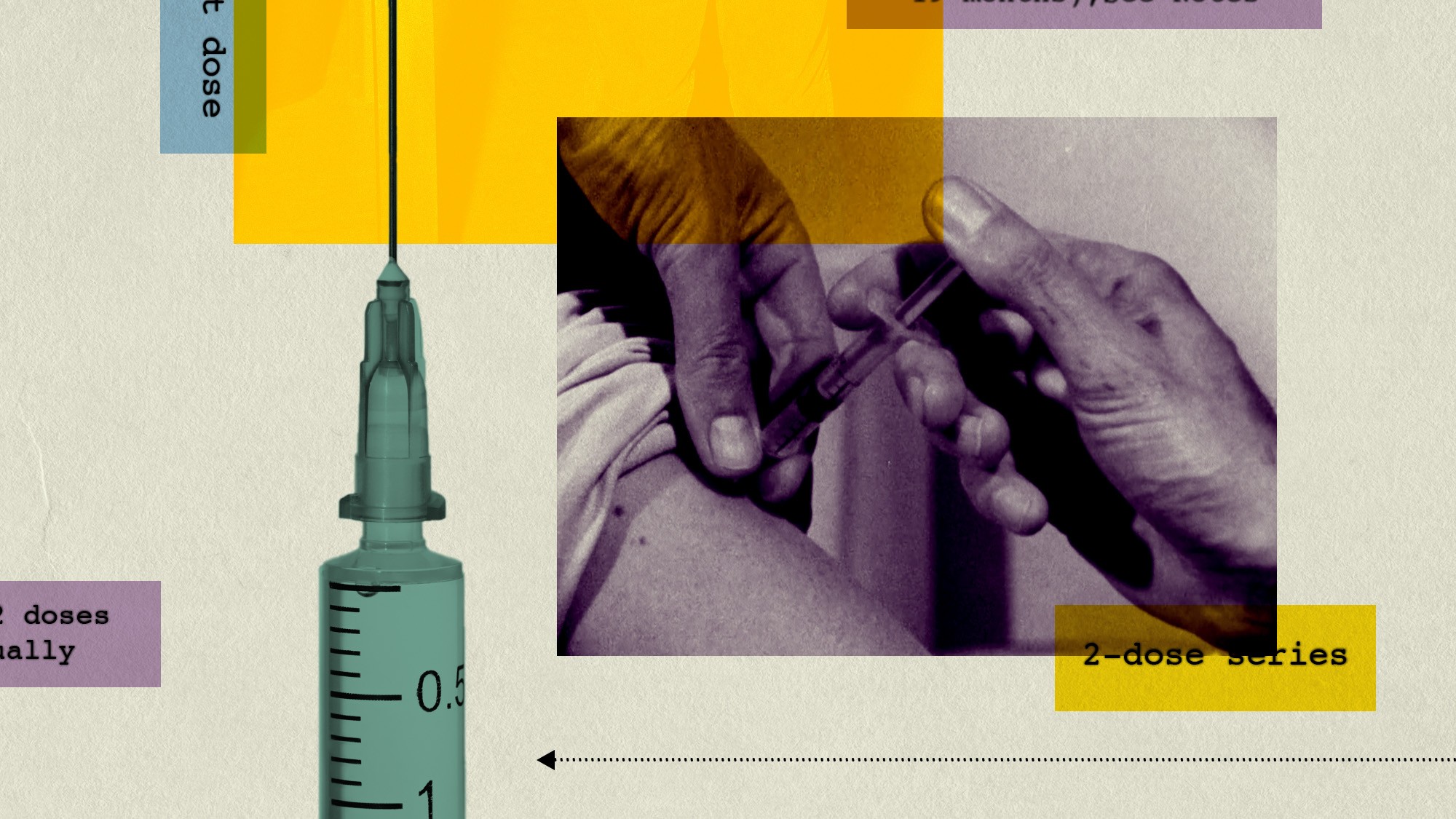The healthcare sector in the United States is changing due to advancements in technology, especially artificial intelligence (AI). Medical history collection is one area where AI is making a notable difference. It has the potential to improve operational efficiency, enhance patient outcomes, and lessen the burden of administrative tasks on healthcare providers. This article looks at how AI is applied in gathering medical histories and what benefits it brings to professionals in the field, such as medical practice administrators, owners, and IT managers across the country.
The Challenge of Traditional Medical History Collection
Traditionally, collecting a patient’s medical history is often slow and cumbersome. Patients usually have to fill out lengthy forms before their appointments, making it a challenge for healthcare professionals to review and interpret this information in a timely manner. This method can delay clinical decision-making and reduce meaningful interactions between patients and providers.
Moreover, the increasing demands for documentation have led to physician burnout, a growing issue in American healthcare. Many physicians feel overwhelmed by the paperwork, which can lower job satisfaction and affect the quality of patient care. Integrating AI into medical history collection can help address these inefficiencies.
AI Applications in Medical History Collection
AI applications for collecting medical histories use machine learning (ML) and natural language processing (NLP) to streamline processes, increase data accuracy, and improve patient interactions. Below are some key innovations in this regard.
- Automated Pre-visit Data Collection: AI platforms can automate the process of collecting data before visits, allowing patients to enter their medical histories through easy-to-use digital interfaces. Tools like Smart Medical History use intelligent interviews to gather relevant information, resulting in comprehensive patient narratives. This reduces the time healthcare providers spend gathering data and enables them to concentrate more on patient care.
- Real-time Data Analysis: AI technologies can analyze medical histories instantly. By looking at data patterns from electronic health records (EHRs), ML algorithms can identify potential diagnoses and comorbidities that may need attention. Such capabilities are particularly beneficial for chronic diseases where timely interventions can improve outcomes.
- Improved Accuracy in Data Collection: AI systems are built to collect consistent and thorough information from patient encounters. According to Waqas Ahmad Buttar, AI-driven medical history systems allow healthcare professionals to ask standardized yet flexible questions, improving data capture quality. This consistency can lower the errors that often come from manual data entry.
- Seamless Integration with EHR Systems: AI tools can align well with existing EHR systems, making data entry and retrieval simpler. When healthcare providers use various software solutions, this integration enhances usability. Merging patient history data with EHRs reduces what can often feel like a repetitive task and supports efficient clinical workflows.
Benefits of AI in Medical History Collection
Reducing Administrative Burdens
AI’s ability to automate and streamline data collection helps reduce the administrative workload on healthcare professionals. A study by WELL Health Technologies suggests that AI-powered dictation and scribe solutions could save medical practitioners substantial time, allowing them to focus more on direct patient care.
Enhancing Patient Engagement
The user-friendly design of AI-driven tools encourages patients to take part in their healthcare by providing their medical history from home. Allowing patients to complete medical histories at their own pace can yield more accurate and detailed information for healthcare providers. Improved patient engagement can lead to better-informed consultations and ultimately, better health outcomes.
Supporting Evidence-based Practice
AI systems can analyze historical health data and offer evidence-based recommendations to aid clinical decision-making. Organizing patient information systematically allows for quicker identification of care pathways likely to yield favorable outcomes. This integration shifts the focus from reactive to proactive care, ensuring that healthcare providers have the necessary information when it is most relevant.
Impact on Workflow Automation
Streamlining Appointment Scheduling
Besides automating medical history collection, AI systems can significantly enhance workflow automation in healthcare settings. By analyzing historical patient data to anticipate appointment demands, AI algorithms can improve scheduling efficiency, leading to shorter wait times and better staff allocation. This allows healthcare facilities to manage patient flow more effectively.
Reducing Readmission Risks
Machine learning models can analyze patient data collected during medical history intake to identify early signs of conditions that might lead to hospital readmissions. For example, AI can monitor chronic diseases and alert clinicians to changes in patient health that require timely action. This approach may lower complications and improve patient satisfaction.
Enhancing Resource Allocation
Efficient resource allocation is essential in healthcare. AI’s predictive analytics allow administrators to anticipate service demands based on collected data. By analyzing trends, facilities can avoid overstaffing or understaffing. This optimization leads to better operational efficiency, benefiting both patients and healthcare professionals.
Examples of Successful AI Implementations
Several innovative AI applications have emerged in healthcare, demonstrating the advantages of using technology for medical history collection and more.
- Tucuvi: This organization has created an AI clinical assistant that conducts independent phone consultations for various health issues. By automating these conversations, Tucuvi minimizes unnecessary follow-ups and improves patient management.
- Optellum: An AI software platform specializing in lung cancer diagnostics has received FDA approval. This tool enhances diagnostic accuracy, illustrating the potential of AI in providing timely medical information.
- Corify Care: Using a non-invasive cardiac mapping system, Corify improves diagnostic precision for patients with arrhythmias. These innovations not only refine technical aspects of patient care but also improve the efficiency of gathering patient histories necessary for effective treatment planning.
The Future of AI in Healthcare
The field of AI applications in healthcare is continually evolving, with ongoing improvements focusing on predictive analytics, personalized medicine, and operational efficiency. As AI further integrates into healthcare, its role will likely emphasize improving patient-provider communication while maintaining the essential human aspect of care.
Research suggests that the AI healthcare market, valued at $11 billion in 2021, may reach an estimated $187 billion by 2030. The increased use of AI applications, particularly those automating medical history collection, will contribute to this growth by helping healthcare professionals streamline time-consuming tasks.
Wrapping Up
Artificial intelligence is transforming how medical histories are collected and is expected to continue changing healthcare delivery in the United States. By automating and optimizing processes that have long burdened healthcare professionals, AI provides significant benefits. As healthcare facilities adopt these technologies, they can anticipate greater efficiency, improved patient interactions, and ultimately, enhanced health outcomes. The adoption of AI signifies not only a technological shift but also a commitment to support healthcare professionals in their essential role of patient care.
Frequently Asked Questions
What is physician burnout?
Physician burnout refers to the emotional, mental, and physical exhaustion that healthcare professionals experience due to prolonged stress, often exacerbated by excessive administrative tasks and documentation demands. It significantly affects their well-being and patient care quality.
How does AI help reduce physician burnout?
AI helps reduce physician burnout by automating administrative tasks, improving efficiency in documentation, and enabling more meaningful patient interactions, allowing healthcare providers to focus more on patient care rather than paperwork.
What specific AI applications are mentioned for addressing administrative burdens?
AI applications include automated pre-visit data collection, comprehensive patient narratives via intelligent interviews, analysis of potential diagnoses, seamless integration with EHR systems, and reduced documentation workload.
Why is accurate medical history collection important?
Accurate medical history collection is crucial for ensuring patient safety, facilitating effective diagnosis and treatment, and enhancing overall healthcare quality by providing clinicians with reliable patient data.
How does Smart Medical History AI enhance patient interactions?
Smart Medical History AI enhances patient interactions by allowing patients to provide comprehensive health information at their convenience, leading to more informed consultations and better patient outcomes.
What role does technology play in preserving the human element in healthcare?
Technology, such as AI, supports healthcare professionals by reducing administrative burdens, thereby preserving the human element through more face-to-face patient interactions and clinical decision-making.
What advantages does AI offer in data collection?
AI offers advantages in data collection such as systematic organization, pattern recognition capabilities for diagnoses, improved documentation accuracy, and enhanced tracking of patient health over time.
How does AI impact EHR usage?
AI facilitates seamless integration with Electronic Health Records (EHR) systems, streamlining data entry and reducing the administrative overhead associated with electronic documentation.
What are some features of effective AI-driven medical history systems?
Effective AI-driven medical history systems offer consistent and thorough questioning, multi-language support for diverse populations, flexibility in patient interviews, and the ability to recognize patterns in prior health data.
In what ways can AI contribute to quality patient care?
AI can contribute to quality patient care by enabling healthcare providers to focus on critical clinical tasks, promoting evidence-based practice, and enhancing care coordination through better data insights.
The post Innovative AI Applications in Medical History Collection and Their Benefits for Healthcare Professionals first appeared on Simbo AI – Blogs.






